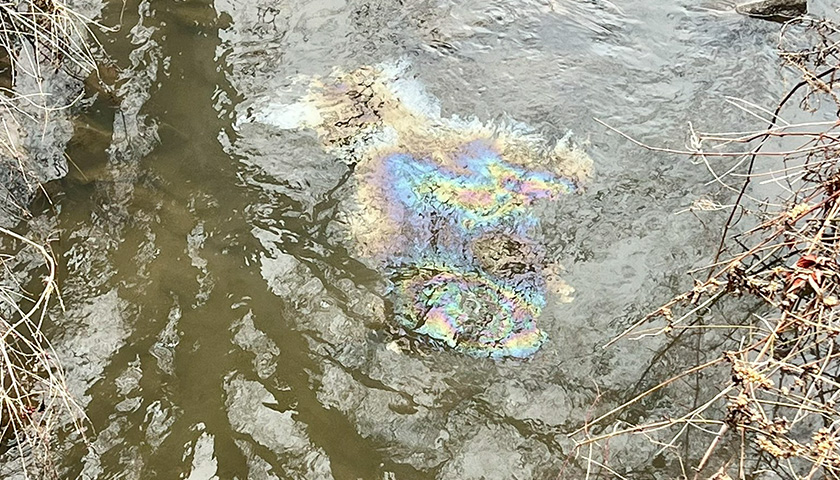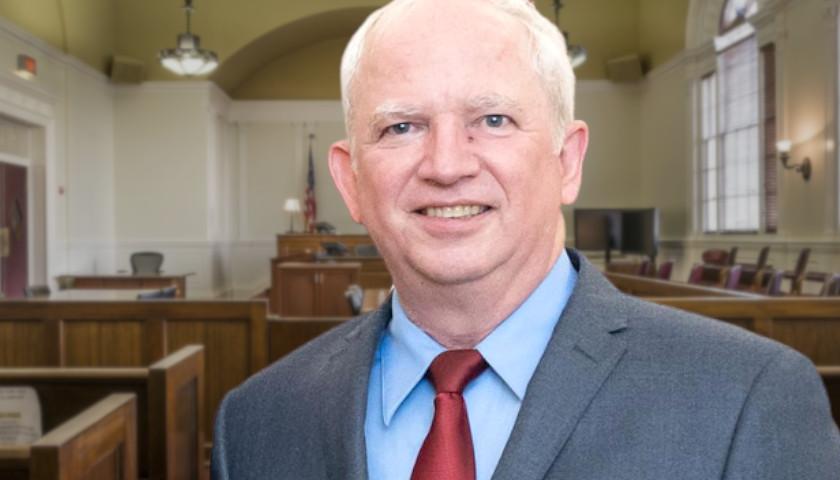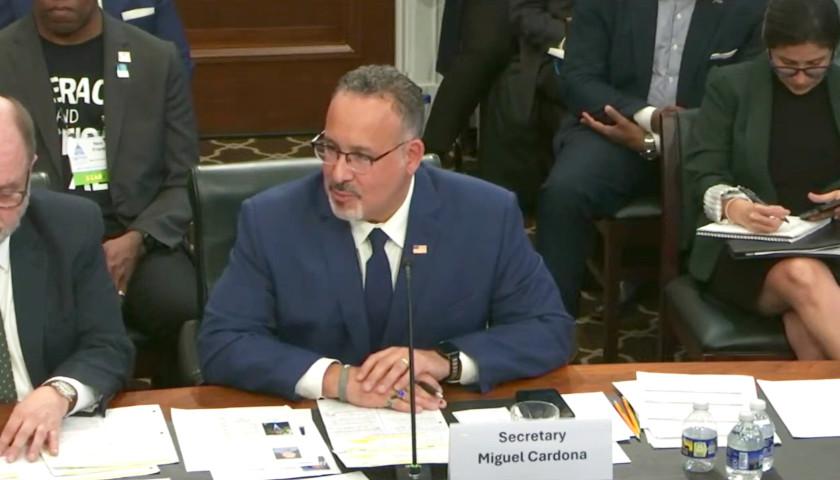On Friday, a Columbus, Ohio-based think tank submitted a brief to the U.S. Supreme Court asking justices to allow states to enforce against water pollution, pursuant to the federal Clean Water Act (CWA).
The 1972 law set up a permitting system for corporate or infrastructural projects that result in the discharge of pollutant materials into rivers, streams or other bodies of water. Under the act, states may undertake their own permitting programs. But last July, the U.S. Court of Appeals for the Fourth Circuit issued a ruling that South Carolina’s program is not strong enough to supersede the federal permit process and therefore citizen lawsuits can effectively nullify the state program.
The pro-free-market Buckeye Institute filed its request that the high court overturn the decision and let states act to ensure mining projects, agricultural ventures, highway construction and other endeavors don’t discharge materials into waterways without authorization. Former Ohio Senate President Pro Tempore Larry J. Obhof Jr. (R-Mansfield) is cited as the think tank’s counsel of record on the case.
“Congress designed the Clean Water Act as a partnership between the states and the federal government, and the law clearly enunciated that states have the ‘primary responsibilities and rights’ to enforce the law,” Buckeye Institute litigation director David C. Tryon said in a statement. “However, the Fourth Circuit’s decision upsets that careful balance between the roles of the states and the federal government and fails to honor the principle of federalism upon which our country is built.”
The institute is siding with the California-based Pacific Legal Foundation and its farming-business client in Dakota Finance v. Naturaland Trust. In the case, Arabella Farm made preparations to establish a vineyard, orchard and wedding barn in Pickens County, South Carolina by clearing vegetation from 20 acres of land near two streams and a tributary. The business owners did so without a permit as they believed their plans were exempted under the CWA.
State regulators eventually disagreed and ordered Arabella to pay a $6,000 fine, remedy any environmental damage and acquire a permit to resume work on the project. Meanwhile, environmental groups Naturaland Trust and Trout Unlimited sued to bypass the state regulators and impose more stringent federal penalties under CWA. A district court dismissed the lawsuit but the Fourth Circuit backed the activist plaintiffs.
According to the Buckeye Institute’s brief, the federal court not only disregarded the federalist intent of the CWA, it failed to appreciate that South Carolina’s enforcement mechanism was working.
“South Carolina’s enforcement program did precisely what it was designed to do,” the document stated. “The State’s administrative action resulted in a consent order requiring Petitioners to obtain a Clean Water Act stormwater permit and remediate any damage that prior discharges might have caused…. The order also required Petitioners to pay a civil penalty to the State…. In short, the system worked without the need for private civil litigation.”
A state’s ability to regulate discharge into waterways could take on particular relevance for the Buckeye State if the recent train derailment and chemical incineration in East Palestine leads properties in the region to undertake permitted cleanup projects.
Many states including Ohio, the Buckeye Institute argued, have adopted aggressive policies to protect water resources that render federal arrogation unnecessary. The brief noted that state lawmakers have worked diligently to preserve Lake Erie and prevent river contamination. The state also now requires some water treatment facilities to test for reactive phosphorous.
“In short, the federalism approach has worked not only in the [South Carolina] case, but in other States as well,” the brief asserted.
– – –
Bradley Vasoli is managing editor of The Ohio Star. Follow Brad on Twitter at @BVasoli. Email tips to [email protected].
Photo “East Palestine Water Polution” by Erin Brockovich.









What if the states make stupid unscientific decisions about water policy like California. Most people in California don’t realize the that our state government has just really screwed its San Diego border ocean environment and citizens. These California politicians under the Trump era NAFTA agreement changed the deal to allow and give Mexico the right to send 300 percent more sewage to the United States Border Waters. So the billion dollar US Seal team school can’t go in the water. Because of this Mexican sewage our beaches are closed 262 days on average for the last three years. No national news coverage we are being screwed by Mexican special interests who have land deals on coastal Mexican property. Our political system in California puts Mexico interest above its own US citizens.